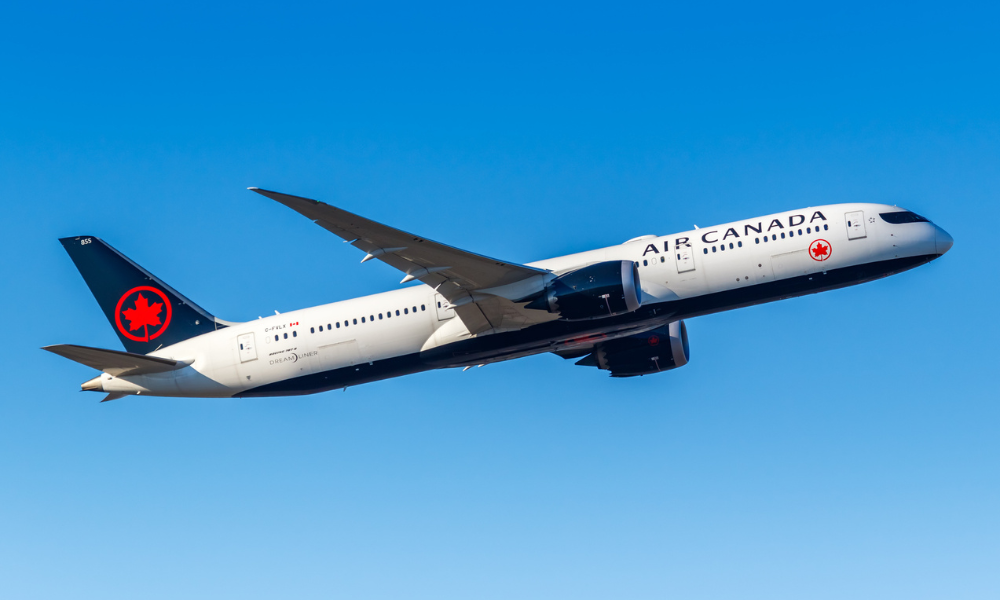
'It would clearly indicate to the public, media, government and company that I no longer speak on your behalf'

There could be a new head of the union representing pilots at Air Canada if the workers reject the current deal on the table.
Charlene Hudy, who chairs the Air Canada contingent of the Air Line Pilots Association (ALPA), told her fellow workers that she “will have no choice but to resign” if they vote down the would-be contract, according to a report from The Canadian Press.
The statement came in a virtual townhall Friday.
“If the membership votes no to this (tentative agreement), it would clearly indicate to the public, media, government and company that I no longer speak on your behalf,” she said in a question-and-answer session that followed the online gathering.
“If I stayed, it would be to your detriment,” Hudy said.
The possible work stoppage at Air Canada did not push through, thanks to the employer and the union representing their pilots reaching an agreement on Sept. 15.
Back then, the airline announced that it had reached a tentative, four-year collective agreement with the ALPA, representing more than 5,200 pilots at Air Canada and Air Canada Rouge.
“The new agreement recognizes the contributions and professionalism of Air Canada's pilot group, while providing a framework for the future growth of the airline,” Air Canada said.
The deal would grant the carrier’s 5,400 pilots a cumulative wage hike of nearly 42 per cent over four years, according to the CP report posted on Global News.
But the deal has faced scrutiny. Under their current contract, pilots earn far less in their first four years at the company before enjoying a big wage hike starting in year five, according to the report.
“On the assumption that pilots work roughly 75 hours per month — a common baseline in the industry — newer recruits would earn between $75,700 and $134,000 versus almost $187,000 in year five, and more than $367,000 for an experienced captain flying a Boeing 777,” reported CP.
Previously, Canadian business groups urged the federal government to intervene in the labour dispute between Air Canada and its pilots by referring the matter to binding arbitration. Had the strike went through, disruptions could harm the economy, particularly the transport of critical goods such as medical supplies and manufacturing components, business leaders warned.